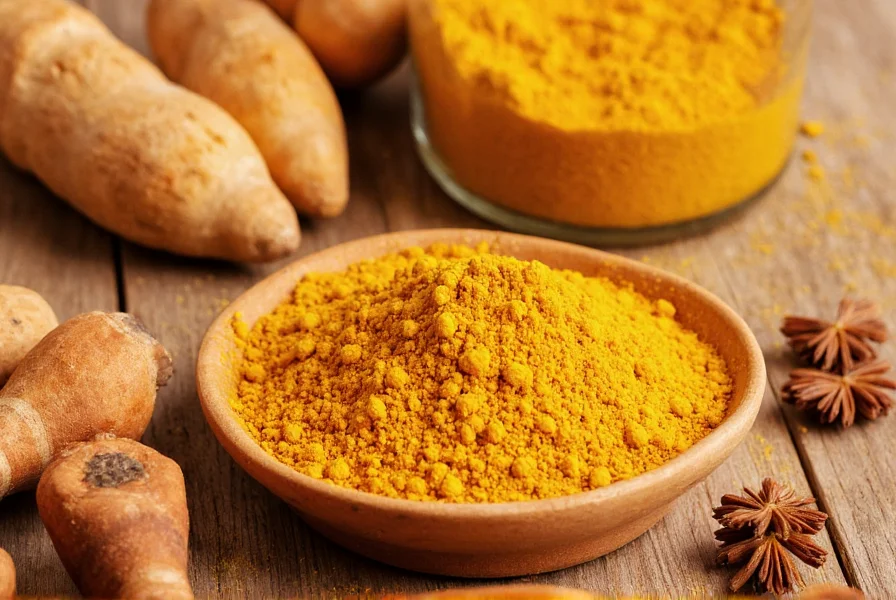Understanding the relationship between turmeric and Eliquis is critical for anyone managing blood clotting conditions. This article examines the scientific evidence behind this interaction, explains why the combination poses serious health risks, and provides guidance based on current medical understanding.
What Is Eliquis and How Does It Work?
Eliquis (generic name: apixaban) belongs to a class of medications called direct oral anticoagulants (DOACs). Doctors prescribe this blood thinner to prevent stroke in patients with atrial fibrillation, treat deep vein thrombosis (DVT), and manage pulmonary embolism. Unlike older blood thinners like warfarin, Eliquis works by directly inhibiting Factor Xa, a key component in the blood clotting process.
Patients taking Eliquis must maintain careful balance—too little anticoagulation increases stroke risk, while too much elevates bleeding complications. This delicate equilibrium makes understanding potential interactions with substances like turmeric essential for safe medication management.
Turmeric's Blood-Thinning Properties Explained
Turmeric, a bright yellow spice commonly used in curry, contains curcumin as its primary active compound. Research shows curcumin possesses several biological effects, including anti-inflammatory and blood-thinning properties. Specifically, curcumin:
- Inhibits platelet aggregation (prevents blood cells from clumping)
- May affect certain clotting factors in the blood
- Can enhance the effects of prescription anticoagulants
While turmeric in culinary amounts (as a spice in food) generally poses minimal risk, concentrated turmeric supplements—which often contain significantly higher doses of curcumin—create substantial interaction concerns when combined with medications like Eliquis.
Scientific Evidence on Turmeric and Eliquis Interaction
Multiple studies document the blood-thinning effects of curcumin. A 2019 review published in Phytotherapy Research analyzed several clinical cases where patients experienced increased bleeding complications when combining curcumin supplements with anticoagulant medications.
| Interaction Risk Level | Documented Effects | Medical Recommendation |
|---|---|---|
| High Risk | Increased INR levels, prolonged bleeding time | Avoid combination without physician supervision |
| Moderate Risk | Minor bruising, nosebleeds | Monitor closely if small culinary amounts used |
| Low Risk | No significant interaction | Culinary use only (small amounts in food) |
Though specific clinical trials examining turmeric and Eliquis interaction are limited, pharmacological evidence strongly suggests additive effects. The U.S. National Institutes of Health warns that curcumin may increase bleeding risk when combined with anticoagulant medications, including apixaban.
Real-World Risks of Combining Turmeric and Eliquis
The primary danger of combining turmeric supplements with Eliquis is significantly increased bleeding risk. This can manifest as:
- Unusually heavy menstrual bleeding
- Prolonged nosebleeds that don't stop easily
- Excessive bruising from minor bumps
- Blood in urine or stool
- In severe cases, internal bleeding or hemorrhagic stroke
A documented case study in the Journal of Clinical Medicine reported a patient on apixaban who developed severe gastrointestinal bleeding after starting high-dose turmeric supplements. The bleeding resolved only after discontinuing the turmeric.
Medical Guidance for Patients
Healthcare providers consistently recommend the following regarding turmeric and Eliquis:
- Disclose all supplements to your prescribing physician, including turmeric, curcumin, or any herbal products
- Avoid turmeric supplements while taking Eliquis unless specifically approved by your healthcare provider
- Culinary use only—small amounts of turmeric used in cooking generally pose minimal risk
- Monitor for bleeding signs if you consume turmeric regularly
- Never replace prescribed anticoagulants with natural supplements
Dr. Sarah Chen, a cardiologist specializing in anticoagulation therapy, emphasizes: "The margin of safety with blood thinners is narrow. Adding substances with blood-thinning properties like concentrated turmeric supplements pushes patients into dangerous territory. We've seen too many emergency room visits from well-meaning patients who didn't realize their 'natural' supplement could cause serious harm."
Safe Alternatives and Considerations
If you're interested in turmeric's anti-inflammatory benefits while taking Eliquis, discuss these options with your healthcare provider:
- Small culinary amounts—using turmeric as a spice in cooking typically provides minimal curcumin exposure
- Alternative anti-inflammatories—certain options may be safer when monitored by your physician
- Regular blood monitoring—if your doctor approves limited turmeric use
- Timing separation—taking turmeric and Eliquis at different times of day (only with medical approval)
Remember that "natural" doesn't automatically mean safe, especially when combined with prescription medications. The American Heart Association cautions patients on anticoagulants to approach all supplements with caution and always consult their healthcare team before adding anything new to their regimen.
When to Seek Immediate Medical Attention
Contact your healthcare provider immediately or seek emergency care if you experience:
- Bleeding that doesn't stop after 10 minutes of pressure
- Vomiting blood or material that looks like coffee grounds
- Black, tarry, or bloody stools
- Sudden severe headache or vision changes
- Unexplained bruising or swelling
- Dizziness or weakness that comes on suddenly
These symptoms could indicate serious bleeding complications requiring immediate medical intervention.
Conclusion
The interaction between turmeric supplements and Eliquis represents a potentially dangerous combination due to additive blood-thinning effects. While small amounts of turmeric used in cooking generally pose minimal risk, concentrated turmeric or curcumin supplements significantly increase bleeding complications for patients taking apixaban. Always consult your healthcare provider before combining any supplements with prescription anticoagulants, and never discontinue prescribed medication in favor of natural alternatives without medical supervision.











 浙公网安备
33010002000092号
浙公网安备
33010002000092号 浙B2-20120091-4
浙B2-20120091-4